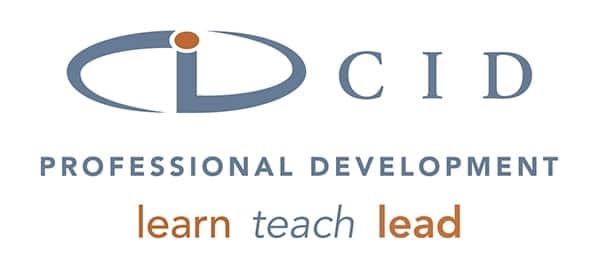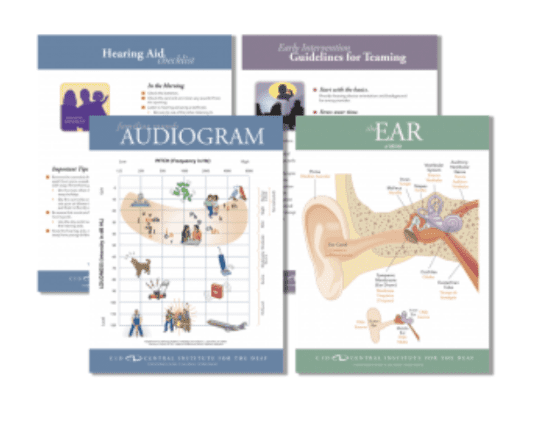Whether a family is new to the IEP process or has been involved for several years, keeping up with all the meetings can be overwhelming. The information below serves to help parents better understand the process and their role in each step.
Transition and Eligibility Process
Transition Meeting: This meeting is often combined with an Individualized Family Service Plan (IFSP) meeting with the family’s early intervention (EI) team. The purpose is to introduce the family to their school district. A representative from the school district will come to this meeting to introduce themselves to the family and to let the family know that they will be reaching out to schedule upcoming meetings with the child and parents.
- Who comes to the transition meeting? The child’s service coordinator will schedule this meeting. Attendees include: parents, the EI team (usually) and someone from the school district.
- What is the parents’ role in the transition meeting? Parents are at this meeting to introduce themselves to the school district. Parents can be expected to share information as they would at an IFSP meeting, as well as answer any basic questions the school district might have.
Domain Meeting/ Review of Existing Data (RED): This meeting is sometimes combined with the transition meeting. The purpose of the meeting is for the school district to hear about the child and prepare for the evaluation. They want to get a sense of what areas need to be evaluated (communication, gross motor, fine motor, social-emotional, etc.).
- Who comes to the domain meeting? If combined with the transition meeting, it is the same as above. If not, it is the parent and various professionals from the school district (ex: speech-language pathologist, occupational therapist, special education teacher, etc.).
- What is the parents’ role in the domain meeting? Parents can contribute to this meeting by answering questions about their child. Parents are also allowed to invite their EI therapist(s) to join. EI therapists can support parents in providing information about the child’s skills to the district.
Evaluation: This meeting is to evaluate the child in areas determined by the earlier meetings. This can look very different depending on the school district. Sometimes it is at the school district, sometimes it is virtual. There can be direct interaction with the child and the evaluators, and sometimes there may be a parent interview component. Evaluators are looking for the child’s strengths. They are also looking for areas in which the child might need intervention or support in order to access the educational curriculum.
- Who comes to the evaluation? The parents, child, school district evaluators (ex: speech therapists, teachers of the deaf, physical therapists, social workers, etc.).
- What is the parents’ role in the evaluation? Parents may be interviewed as part of the evaluation. At times, parents observe while the evaluators interact with the child.
Eligibility Meeting: This meeting is to determine if the child is eligible for special education services due to a disability (defined here) that adversely affects the child’s education. This meeting is often included as a part of the IEP meeting. In this meeting, the school district will review the evaluation results and come to a decision on whether or not the child qualifies for special education. If so, they will name the eligibility criteria.
- Who comes to the eligibility meeting? Parents, school district team (this may include: the principal, grade-level teacher, speech-language pathologist, teacher of the deaf, special education teacher, etc.). Parents can invite anyone to this meeting (family members and EI providers can support the family if the family desires).
- What is the parents’ role in the eligibility meeting? The parents’ role is to listen to the evaluation results, ensure that the reports are accurate representations of their child and ask questions if they do not understand.
IEP Process
IEP Meeting: The purpose of the IEP meeting is to develop an Individualized Education Program for the child. This involves writing up a legal document that states, in this order: (1) the child’s skills and areas of need, (2) the goals that will be worked on to address the areas of need, (3) how those goals will be addressed (at what school, with what type of professional support, etc.). This meeting happens every year.
- Who comes to the IEP meeting? Parents, school district team. Parents can invite anyone to this meeting (family members and EI providers can support the family if the family desires).
- What is the parents’ role in the IEP Meeting? The parents’ role is to be an active participant in the process by being an open and curious member of the IEP team, asking questions, understanding and saying what their child needs and advocating for appropriate goals and services.
While the IEP process can be overwhelming for parents, when they are provided with the necessary information and support, it becomes more manageable.
Read this blog (written by the parent of a child with hearing loss) for ideas on how to stay organized during the IEP process!

Jessica Brock is a speech-language pathologist. After receiving her master’s degree from Vanderbilt University, Jessica worked in home-based early intervention for three years before coming to CID. At CID, she served students ages 2–12.












